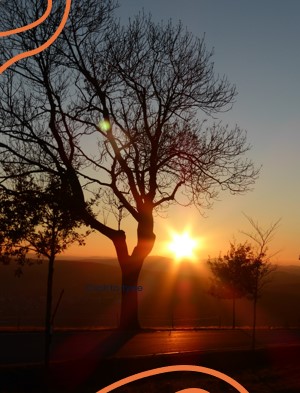Based in the Theory of Change Framework, this output will catalyse meaningful changes by creating a community-centred process of learning with a focus on how to live sustainably and regeneratively taking into consideration local ecological and cultural uniqueness.
It is easy to feel overwhelmed in our communities – whatever we do is so small in the massive perspective of climate challenge. The Theory of Change Toolkit for Communities will allow community volunteers to benefit from backward mapping, taking backward steps from their long-term goal to intermediate actions and then to early-term changes which are required to result in desired change. Many activities fail because they are built on good intentions but are ill-defined or ill-designed to effect real change. Taking small steps and making small incremental changes over the long term can have the largest impact of all.
